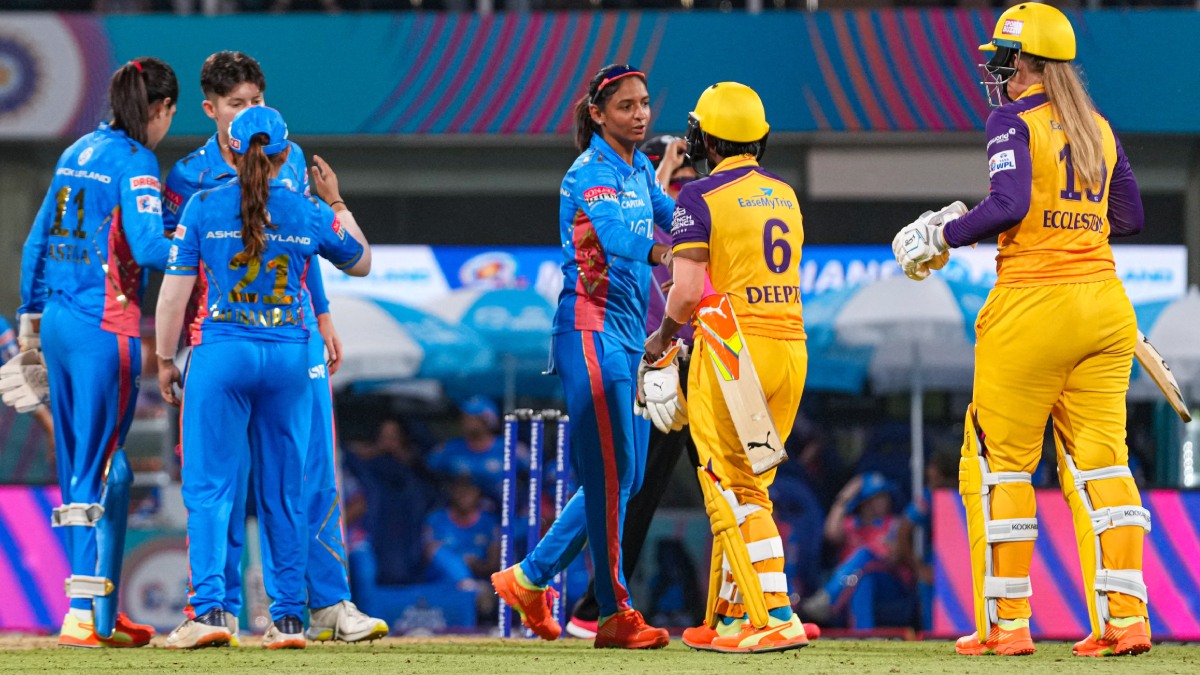Shab-e-Barat Ki Raat Shab-e-Barat is one of the most sacred nights in Islamic tradition. engage in special prayers, seek forgiveness, and reflect on their deeds. But why is this night so powerful? What makes it different from other nights? This article will explore the significance of Shab-e-Barat, its connection to forgiveness, destiny, and how believers can maximize the blessings of this night.
2. Meaning and Significance of Shab-e-Barat
The term Shab-e-Barat originates from Persian and Arabic words. “Shab” means night, and “Barat” means freedom or salvation. This night is believed to be the night when Allah (SWT) decides the fate of every individual for the coming year. It is also known as Laylat al-Bara’ah in Arabic, meaning the “Night of Records” or “Night of Deliverance.”
Islamic scholars and traditions emphasize that this is the night of divine mercy, where Allah (SWT) forgives sins, grants sustenance, and blesses those who seek His forgiveness sincerely.
3. Shab-e-Barat in the Light of the Quran and Hadith Shab-e-Barat Ki Raat
While the Quran does not explicitly mention Shab-e-Barat, scholars associate it with Surah Ad-Dukhan (44:3-4):
“Indeed, We sent it [the Quran] down during a blessed night. Indeed, We were to warn [mankind]. On that night, every precise matter is made distinct.”
Hadiths also highlight the importance of this night. The Prophet Muhammad (PBUH) said:
“On the night of the middle of Sha’ban, Allah looks down upon His creation and forgives everyone except those who associate partners with Him and those who have hatred in their hearts for others.” (Ibn Majah)
This proves that Shab-e-Barat is not just another night but one filled with divine blessings.
4. The Night of Forgiveness and Mercy
One of the most powerful aspects of Shab-e-Barat is that it is a night of forgiveness. Many Muslims spend the night in prayer, seeking Allah’s mercy. The hadith states that on this night, Allah descends to the lowest heaven and proclaims:
“Is there anyone seeking forgiveness that I may forgive them? Is there anyone asking for sustenance that I may provide for them?”
This night serves as a reminder that no matter how many sins we have committed, Allah’s mercy is always greater.
5. Power of Dua (Supplication) on Shab-e-Barat
Shab-e-Barat is known as a night when duas (supplications) are accepted. Muslims are encouraged to:
Ask for forgiveness
Seek blessings and guidance
Pray for health, wealth, and well-being
Some recommended duas to recite include:
Astaghfirullah Rabbi min kulli zambiyon wa atubu ilaih (I seek forgiveness from Allah for all my sins and turn to Him in repentance.)
Allahumma innaka ‘afuwwun tuhibbul ‘afwa fa’fu ‘anni (O Allah, You are Forgiving and love forgiveness, so forgive me.)
6. The Role of Worship on This Holy Night
To maximize the blessings of Shab-e-Barat, believers are encouraged to:
Perform Nafl (voluntary) prayers
Recite Surah Yaseen and Surah Mulk
Engage in Dhikr (remembrance of Allah)
Read Durood Sharif
Visiting the Graves of Loved Ones
One significant practice associated with Shab-e-Barat is visiting the graves of loved ones. Many Muslims visit cemeteries to pray for the deceased, seeking Allah’s mercy upon them. This practice is deeply rooted in Islamic teachings, as Prophet Muhammad (PBUH) himself visited Jannat-ul-Baqi, the famous cemetery in Madinah, on this night.
Why Visit the Graves on Shab-e-Barat?
Reminder of Death: Visiting the graves reminds us of our mortality and encourages us to prepare for the hereafter.
Praying for the Deceased: Islam teaches that our prayers can benefit the dead, and Shab-e-Barat is a perfect night for such supplications.
Strengthening Spiritual Awareness: Reflecting on life and death brings believers closer to Allah and helps them seek forgiveness with sincerity.
Dua for the Deceased
Muslims recite the following dua when visiting graves:
“Assalamu ‘alaikum ya ahl al-qubur, yaghfirullahu lana wa lakum, antum salafuna wa nahnu bil-athar.”
(Peace be upon you, O dwellers of the graves. May Allah forgive us and you. You have gone before us, and we are following you.)
8. Fasting on the Day After Shab-e-Barat
Many Muslims fast on the 15th of Sha’ban as a way to gain Allah’s pleasure and purify their souls. Prophet Muhammad (PBUH) encouraged fasting in Sha’ban, the month preceding Ramadan, as it prepares believers for the upcoming holy month.
Benefits of Fasting on 15th Sha’ban
Spiritual Cleansing: Fasting purifies the heart and soul.
Increases Good Deeds: Allah multiplies rewards during sacred nights and days.
Following the Sunnah: The Prophet (PBUH) fasted in Sha’ban more than in any other month besides Ramadan.
A hadith states:
“When Sha’ban reaches its midway, do not fast until Ramadan.” (Abu Dawood)
This shows that fasting on the 15th of Sha’ban is a great act, but one should not continue fasting beyond this day until Ramadan begins.
9. The Concept of Destiny on Shab-e-Barat
Many scholars believe that Shab-e-Barat is the night when Allah determines the fate of individuals for the upcoming year. It is believed that:
Life and death are recorded.
Provisions and sustenance are decided.
The deeds of people are presented before Allah.
This understanding comes from the interpretation of Surah Ad-Dukhan (44:3-4), where Allah mentions a “blessed night” in which all matters are decreed.
Can Destiny Be Changed?
Islam teaches that dua, good deeds, and repentance can impact one’s destiny. The Prophet (PBUH) said:
“Nothing changes Qadr (destiny) except dua.” (Tirmidhi)
This is why Shab-e-Barat is such a powerful night—it provides an opportunity to make sincere dua for a better future.
10. Myths and Misconceptions About Shab-e-Barat
While Shab-e-Barat holds immense significance, many cultural traditions have emerged that are not part of authentic Islamic teachings.
Lighting Candles & Fireworks – Some cultures celebrate Shab-e-Barat like a festival with fireworks, but this is not from Islam.
Cooking Special Foods – Preparing sweets and distributing them is a good deed, but it is not a religious obligation.
Thinking That Worship is Mandatory – While it is highly recommended to pray, Shab-e-Barat is not compulsory like Ramadan or Eid nights.
What Scholars Say:
Conclusion
Shab-e-Barat is a night of mercy, forgiveness, and divine blessings. It provides a unique opportunity to cleanse our hearts, seek Allah’s pardon, and prepare for the upcoming holy month of Ramadan. By engaging in sincere worship, making heartfelt duas, and avoiding cultural distractions, we can truly benefit from this p




